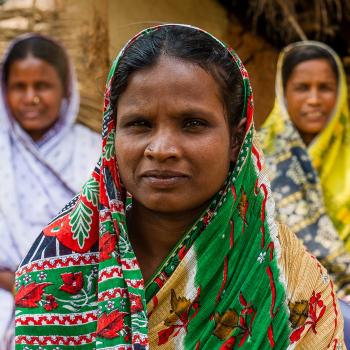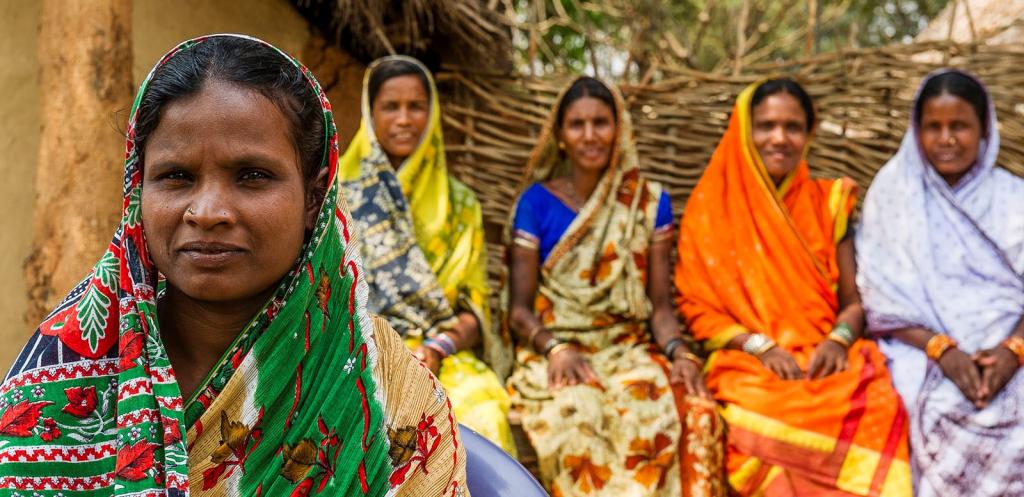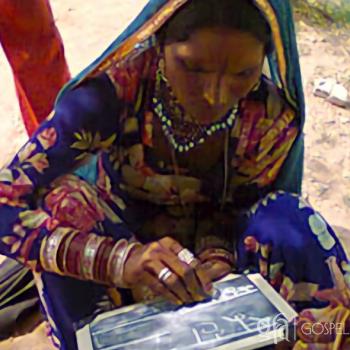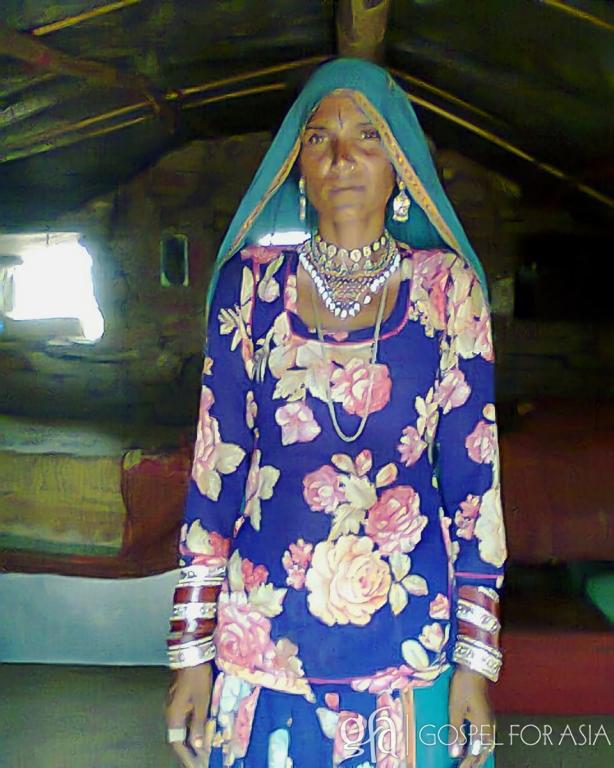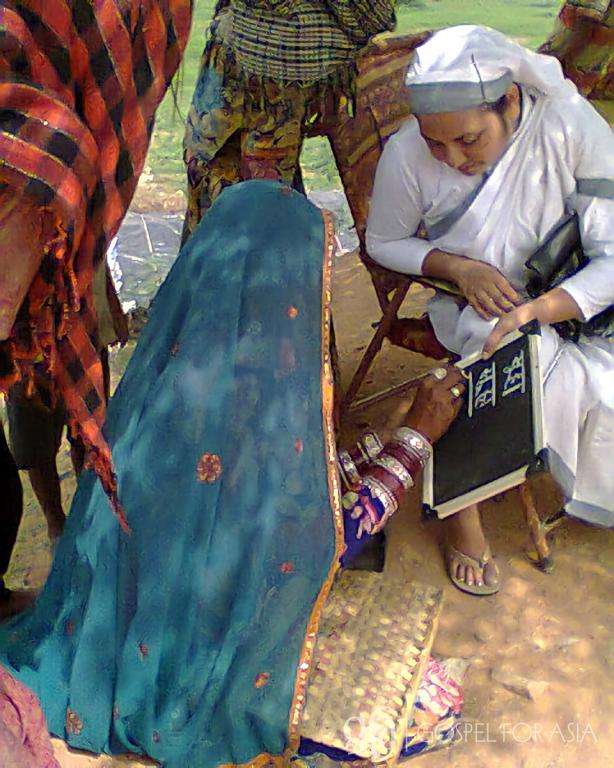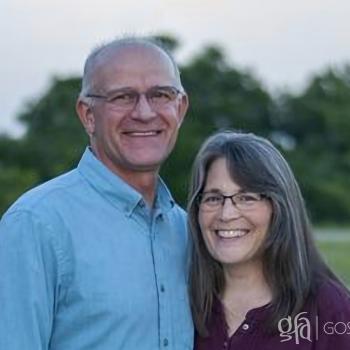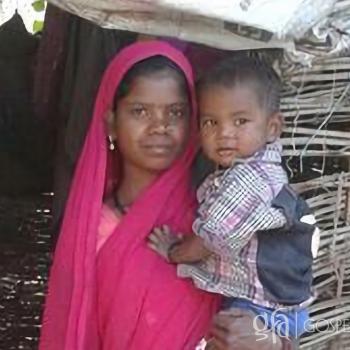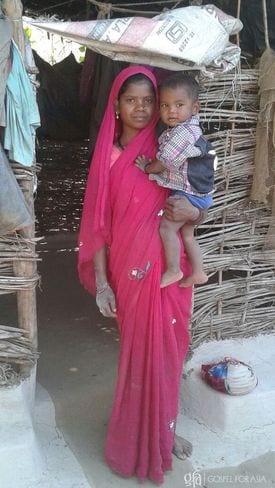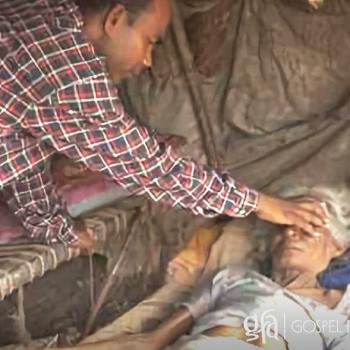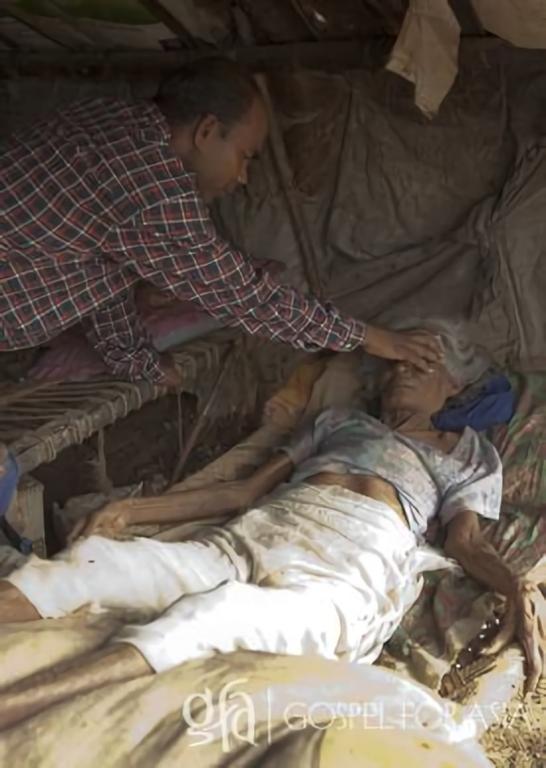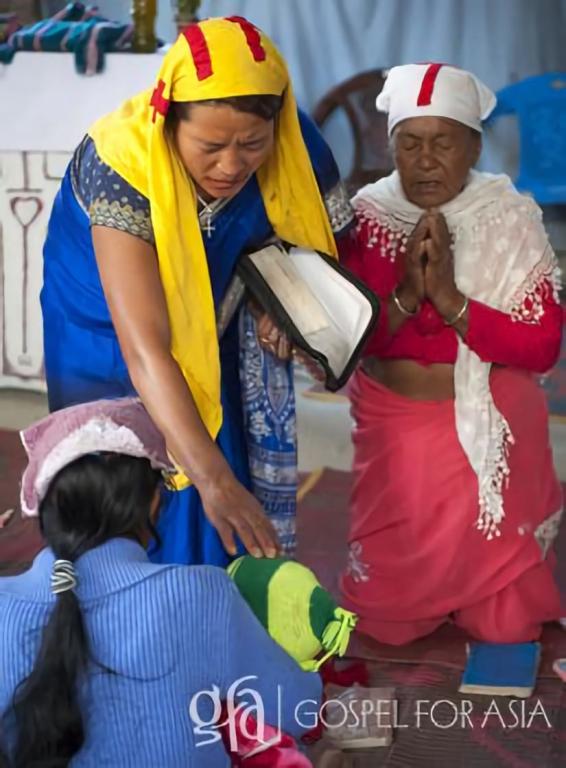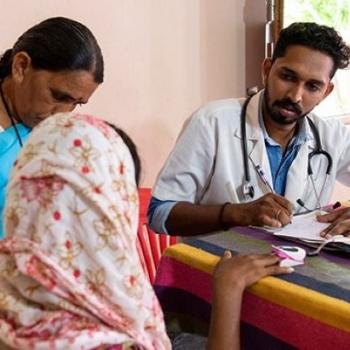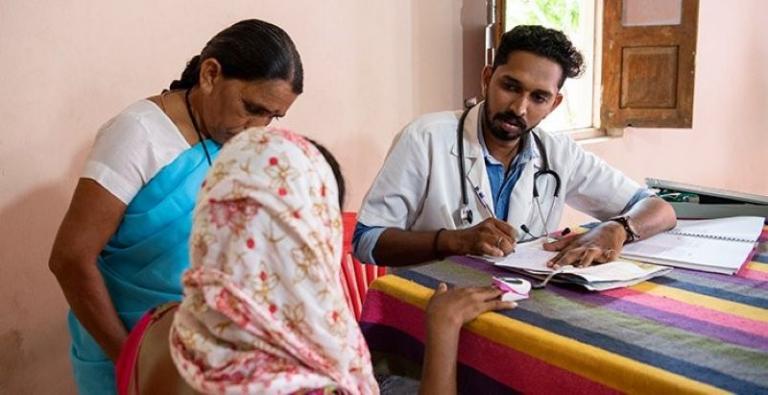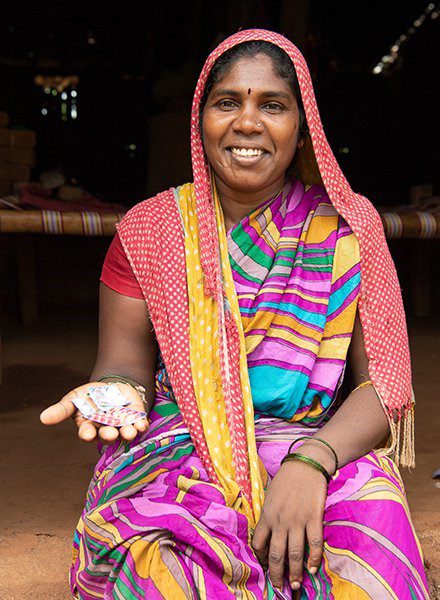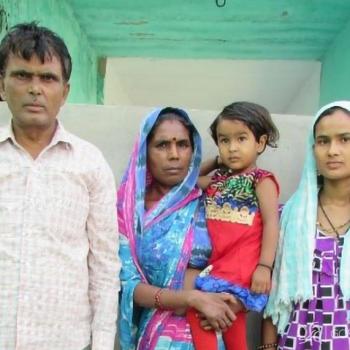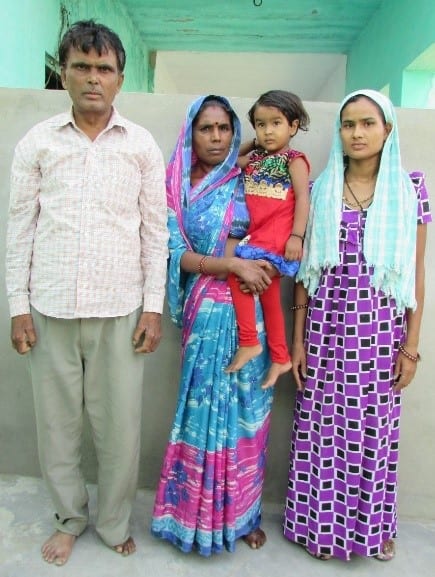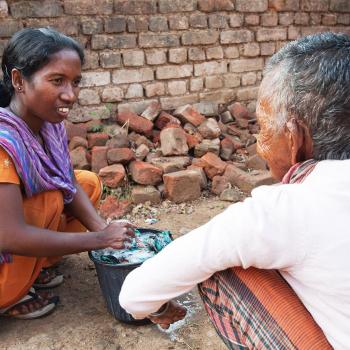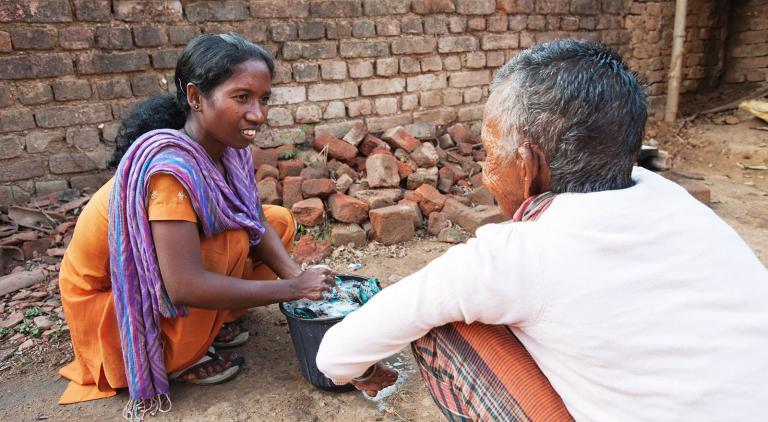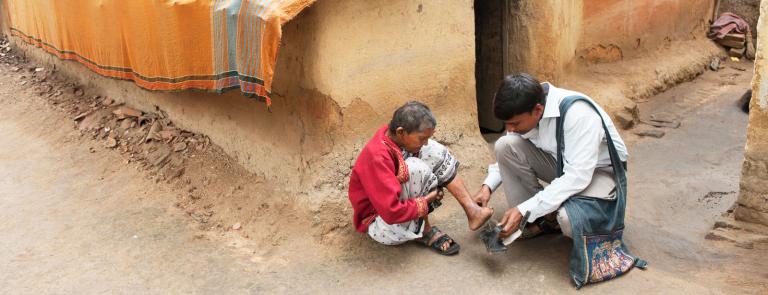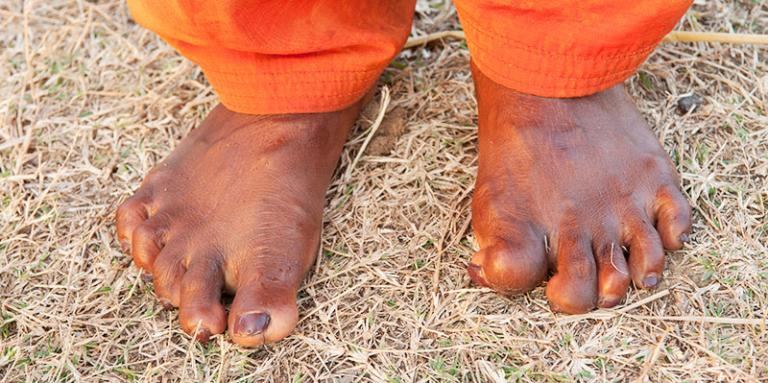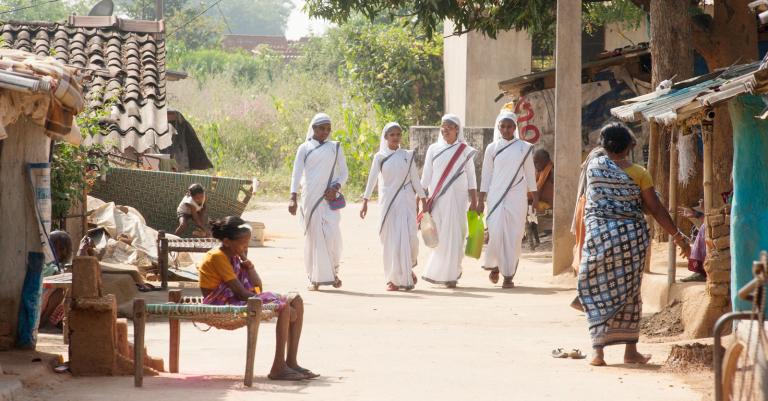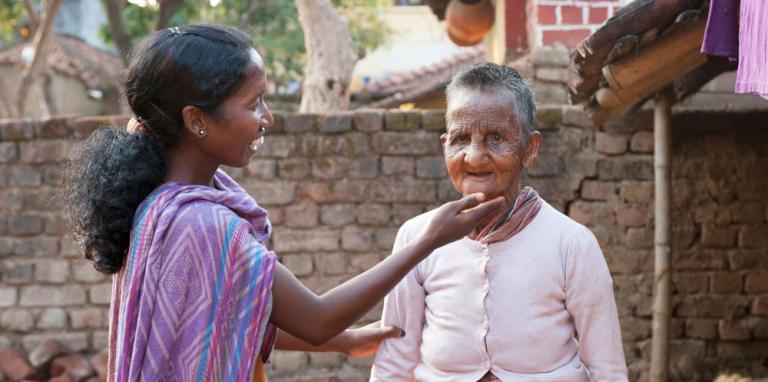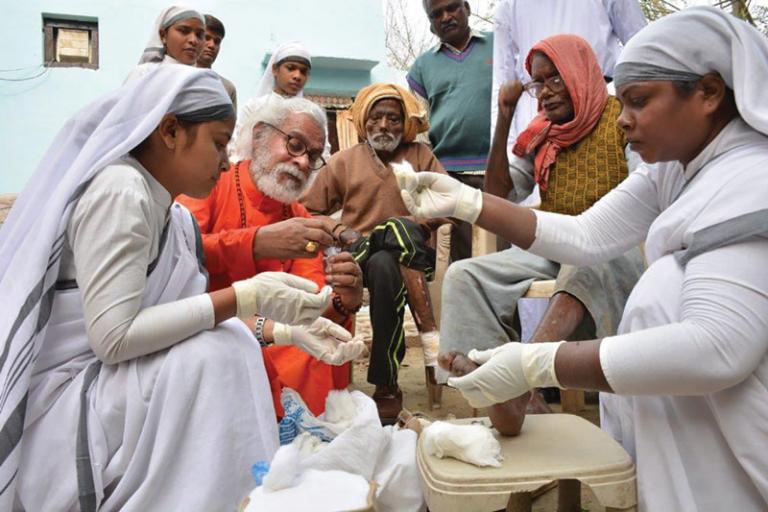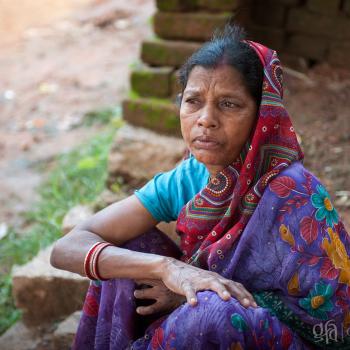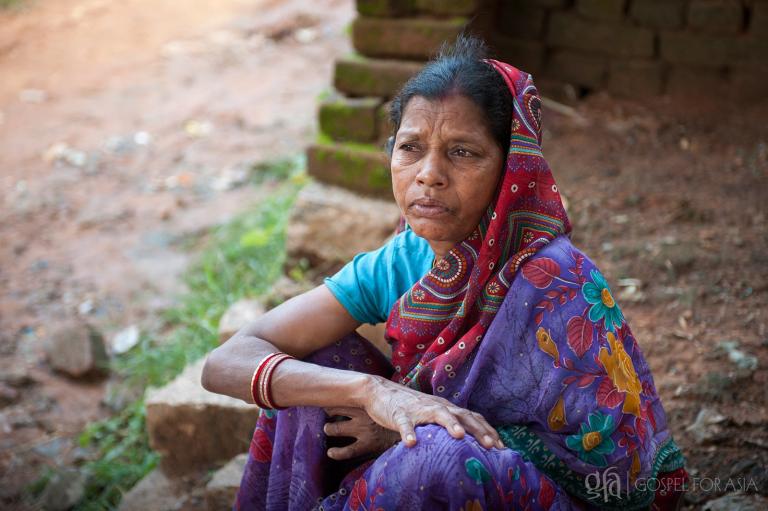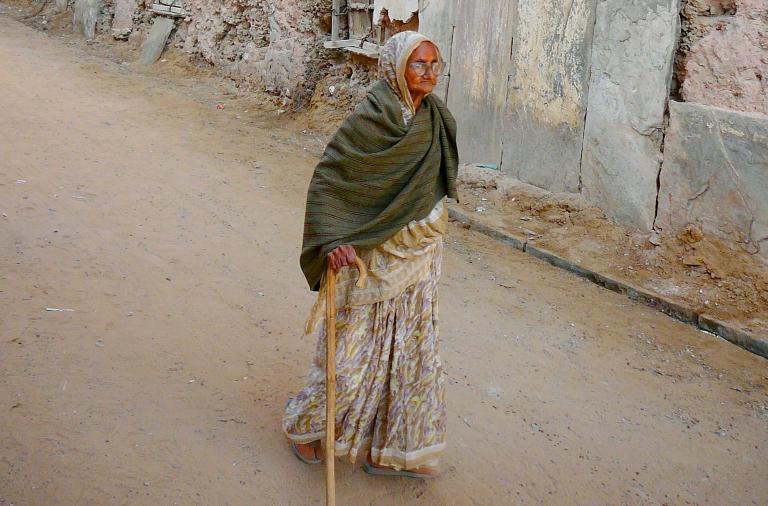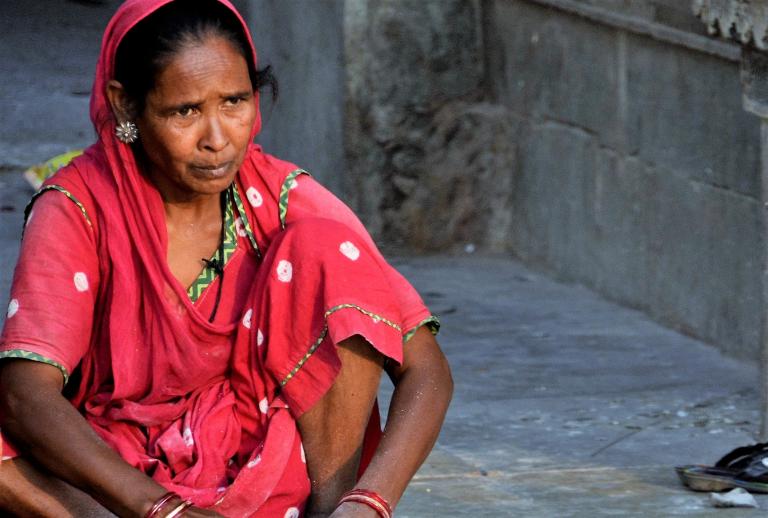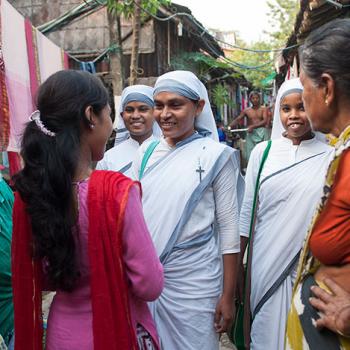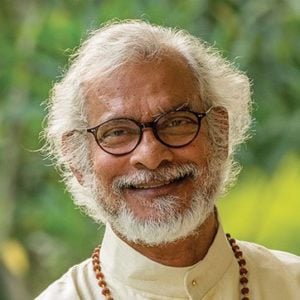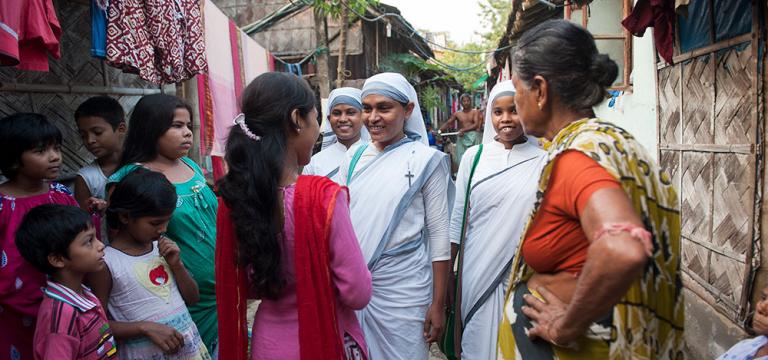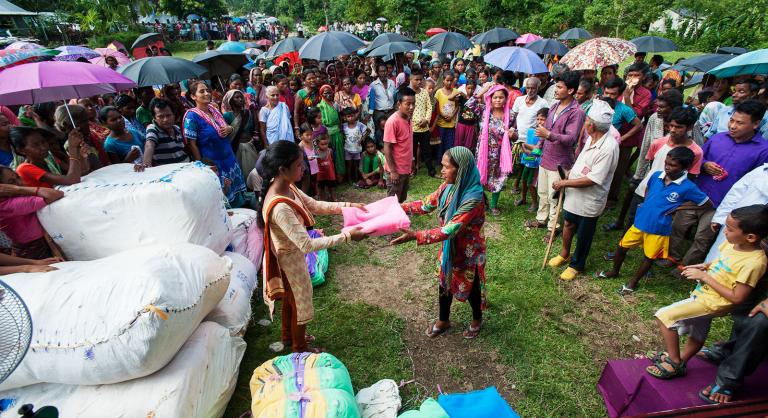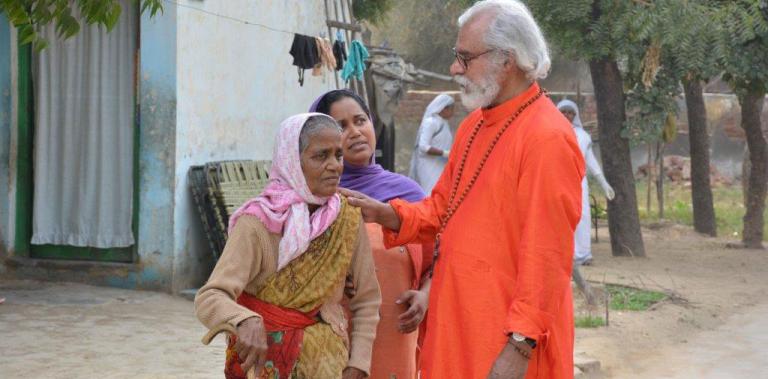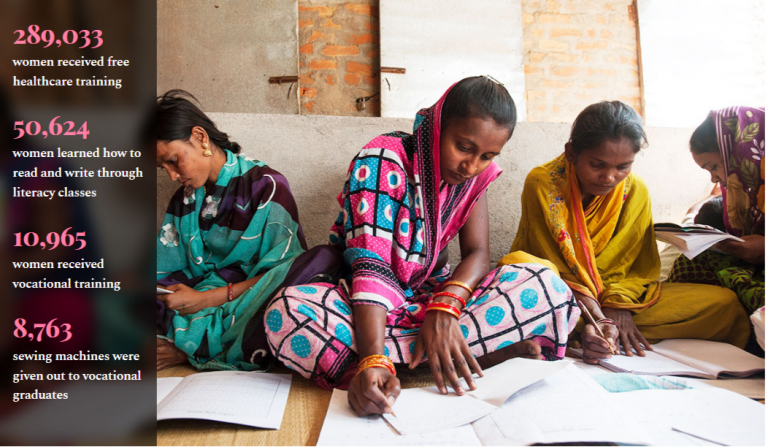WILLS POINT, TX – Gospel for Asia (GFA) issues an extensive Special Report on illiteracy, the dominant disabler to flourishing for millions around the world, and the miraculous potential of literacy that is able to change the lives of men, women and children for generations.
Resolving the Limitations Illiteracy Places on the Human Spirit
Few of us who have read all our lives understand the nearly miraculous potential of being able to read and write when illiteracy has been the dominant disabler to flourishing. Illiteracy is more dominant than poverty, more dominant than a chronic physical disability, and more dominant than even an oppressive social system.
We readers have long lost the joy of discovering that the squiggly marks on a page of paper can be interpreted or that the same kinds of marks can be learned and replicated with chalk, ink, pen or pencil. We don’t understand because we read and write and often take for granted the treacherous limitations illiteracy places on the human spirit as well as on human potential.
Perhaps one story from Gospel for Asia (GFA) will help us again remember the wonder of our own unrecognized reading and writing capacities. This is about Mandeepa.
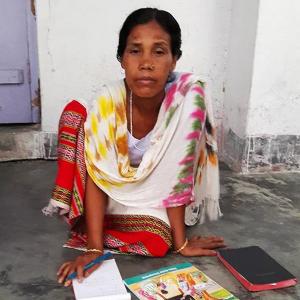
Due to the early death of her father, Mandeepa and her five other siblings were raised by a struggling mother. None of these six children were able to attend school, and at the age of 13, Mandeepa started to work as a household maid to support her single parent. Eventually, as is frequently the case, a marriage was arranged for Mandeepa, which quickly produced a son and a daughter.
At the age of 16, Mandeepa started attending a local church where the young woman received a Bible of her own—but having never learned to read and write, she, of course, only saw strange markings on the page. Her heart was filled with a longing to read the words and to learn more about the Heavenly Father the book taught about, but this was impossible, and the young woman was disconsolate.
Mandeepa’s husband was also illiterate. Their daughter was fortunate to attend school, but her growing ability to read only pointed out the lack in her mother’s education. How Mandeepa wished she could help her daughter with her schoolwork. This parental lack only increased the woman’s desire to read and write like her children.
Then the Gospel for Asia (GFA)-supported Women’s Fellowship at her church-initiated literacy learning classes.
Mandeepa was now 32 years old, and after a year of study, she could finally read the Bible she had received 16 long years before. One of the first things she did when this “great miracle cure” began to have effect on her, banishing the shame and frustration of ignorance caused by lack of education, was to memorize John 14:15: “If you love Me, keep my commandments.”
Gospel for Asia points out that there are more than 250 million women in Asia today who are illiterate. It’s impossible for them to help their children with schoolwork. In addition, the instructions on medicine bottles, road signs, notices from the government and legal papers are all indecipherable— and this in a society that is increasingly dependent upon the written word. Those who desire to read God’s Word can’t do so. Technology can’t be accessed unless a user is highly literate. One must be able to spell, to read commands, to type letters that form words if the digital world is to be accessed.
more dominant than a chronic physical disability,
and more dominant than even an oppressive social system.
Illiteracy is a kind of intellectual limbo, and no matter how naturally intelligent a person might be, the very descriptor “illiterate” indicates inferior mental capability.
Worldwide, entire villages with increasing levels of literacy are making social and economic gains when even just a small percentage of the villagers learn to read and write. Much data (a preponderance of which is examined under the general category of education) gives good cause to make the assumption that learning to read and write is one of the “great miracle cures.”
UNESCO does a thorough job of establishing the difficulty of conducting evidence- based data gathering as to the specific impact of literacy on individuals and communities, but it makes a broad generalization by stating in one article, “The ‘multiplier effect’ of literacy empowers people, enables them to participate fully in society and contributes to improve livelihoods. Literacy is also a driver for sustainable development in that it enables greater participation in the labour market; improved child and family health and nutrition; reduces poverty and expands life opportunities.”
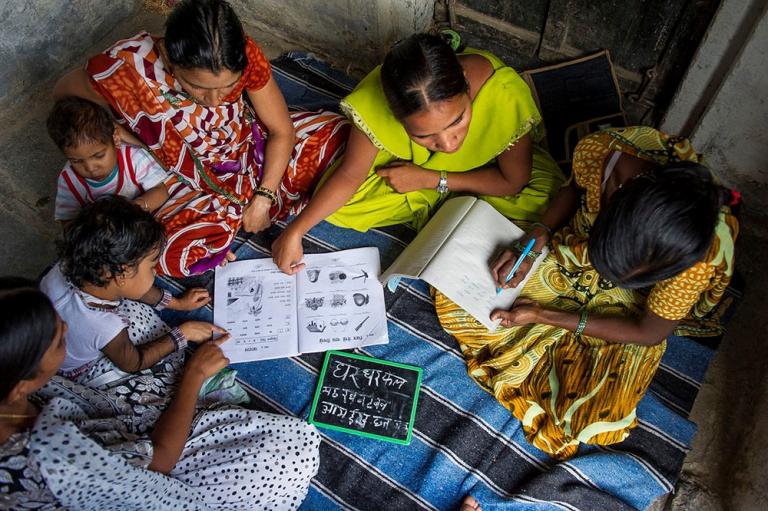
Why Is Literacy a Great Miracle Cure?
Hopefully, this article will inspire the reader about participating in some way in the joy of giving the gifts of reading and writing to other humans. The outcomes of such literacy initiatives are far beyond the investment of a few hours on the part of a tutor or of a volunteer week or some summer months overseas dedicated to literacy training and teaching. It is well worth considering teaching others how to read and write, or attending discussion groups at the local library where ESL (English as Second Language) learners are expanding their conversational skills, or volunteering with any of a multitude of organizations that welcome short-term teachers who are able to travel overseas. The opportunities for working literacy miracles are many and far-reaching.
Volunteering with NGOs (non-governmental organizations) overseas is, indeed, not only beneficial to individual learners who with literacy skills can obtain higher-paying jobs above menial labor and have the means to educate their own children, but also to whole villages and countries where the literacy aggregate continues to grow, or what has been referred to above as “the multiplier effect.”
250 million
women in Asia today are illiterate
All statistical evidence shows that one individual who is given reading and writing skills greatly improves his/her chances of success. Increasing literacy of individuals also greatly enhances the society in which those people live. A study conducted in Charleston, North Carolina, determined that “illiteracy is a multifaceted social equity and justice problem that results in less job opportunities and low income, often poverty.”
The reporting continues to explain that employers are often careful not to allow low-skilled workers to work more than 30 hours at minimum wage, because hours accrued above this level must provide workers with benefits and paid time off. This limit means poverty or near-poverty for a certain demographic of workers, which then sets in motion the need for community government to provide welfare assistance. The Trident Literary Association of Charleston, South Carolina, notes that food and medical assistance are often necessary when someone lives below the poverty line, especially if children are present:
“Letting our people live in poverty can cost the Charleston community over $15,000 for ONE adult for only ONE year. This does not count the cost of any children each adult may have. When over 86,000 adults in the tri-county area don’t have a high school diploma or a GED, the community could incur costs of up to $1.3 BILLION in public assistance to help those people survive.”
If this is true in a mostly literate community, how does illiteracy impact countries with large demographics of people who can neither read or write? The consensus across the data is that illiteracy interferes with the flourishing of citizens within a community.
The Literacy Foundation, located in Quebec, lists:
Specific negative incomes of illiteracy on both individuals and society. For individuals, the impacts include:
- “A limited ability to obtain and understand essential information;
- “An unemployment rate two to four times higher among those with little schooling compared to those with bachelor’s degrees;
- “Lower income;
- “Lower-quality jobs;
- “Precarious financial position;
- “Little value given to education and reading within the family, often leading to intergenerational transmission of illiteracy;
- “Low self-esteem, which can lead to isolation;
- “More workplace accidents, longer recovery times and more misuse of medications due to not understanding health care resources and procedures.”
And for a community whose citizens have a high illiteracy rate, societal impacts include:
- “Since literacy is essential for individuals and states to be competitive in the new global knowledge economy, many positions remain vacant for lack of adequately trained personnel;
- “The higher the proportion of adults with low literacy proficiency, the slower the overall long-term GDP growth rate is;
- “Difficulty understanding societal issues lowers the level of community involvement and civic participation.”
Defining Literacy
Like many topics, the meaning of literacy has nuances: Someone might say they are illiterate about opera, meaning they are uninformed, uninterested or unexposed to this art form. The same implications could be attributed to a person who is “illiterate” about immigration. At its most elemental level, however, to be illiterate means that a person cannot read or write or can only decipher words in a minimal way. Literacy Advance says the definition is even more complex:
“Literacy is the ability to read, write, speak and listen, and use numeracy and technology, at a level that enables people to express and understand ideas and opinions, to make decisions and solve problems, to achieve their goals, and to participate fully in their community and in wider society.”
Within ethnically homogenous regions, literacy rates can vary widely from country or region to region. This often coincides with the region’s wealth or urbanization, though many factors play a role.
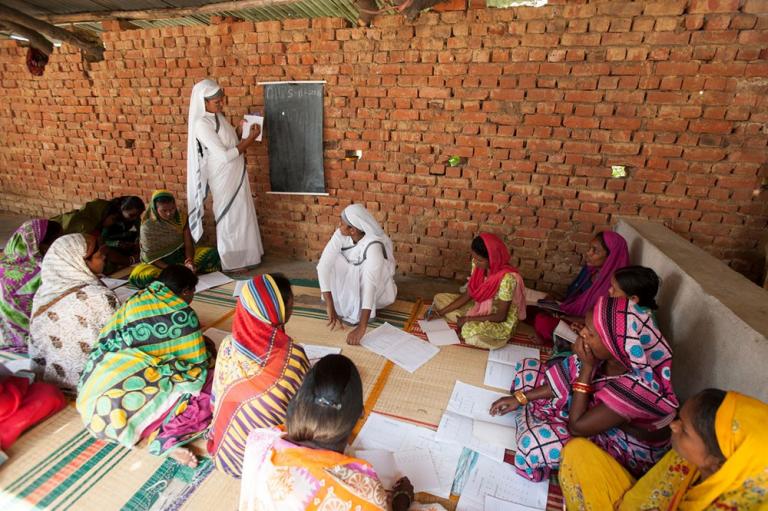
Literacy — One of the Great Miracle Cures: Part 2 | Part 3
This Special Report article originally appeared on GFA.org.
Learn more about the Women’s Literacy Program, and how you can help over 250 million women in Asia who are illiterate.
Click here, to read more blogs on Patheos from Gospel for Asia.
Learn more about Gospel for Asia: Facebook | YouTube | Instagram | Sourcewatch | Integrity | Lawsuit Update | 5 Distinctives | 6 Remarkable Facts | Media Room | Poverty Solutions | Endorsements | 40th Anniversary | Lawsuit Response |


